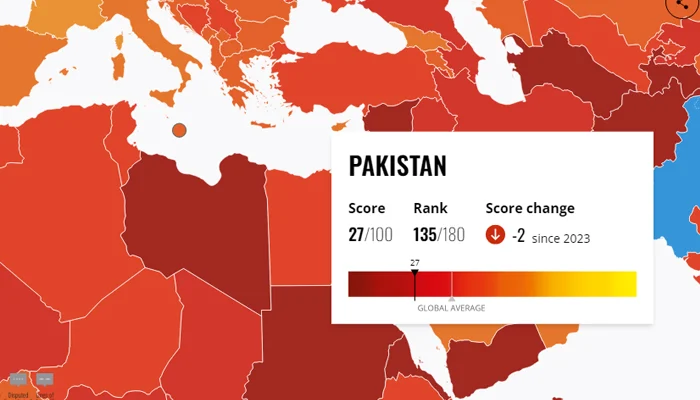Finance Minister Muhammad Aurangzeb has confirmed that an IMF delegation will visit Pakistan next month to discuss the next loan tranche and review the country’s economic progress. This visit will be a part of Pakistan’s ongoing engagement with the International Monetary Fund (IMF) under the current Extended Fund Facility (EFF).
Speaking to reporters in Islamabad, the finance minister said the IMF mission will assess Pakistan’s performance against agreed reforms, including fiscal consolidation, tax revenue targets, and energy sector restructuring. He emphasized that the government is committed to meeting all conditions to ensure the release of the next installment.
Discussions on New Loan Tranche
The upcoming IMF visit will focus on the review of Pakistan’s fiscal and monetary policies. Aurangzeb said the government aims to secure the next tranche of funds to strengthen foreign exchange reserves and stabilize the national currency. The IMF delegation will also evaluate structural reforms implemented over the last quarter.
According to the minister, this visit is crucial for maintaining investor confidence and ensuring continued support from multilateral financial institutions. He added that economic reforms, though challenging, are necessary to address structural weaknesses in the economy.
Energy and Tax Reforms Under Review
One of the main agenda points will be reforms in Pakistan’s energy sector. The IMF has consistently urged Pakistan to reduce circular debt, improve power distribution efficiency, and rationalize tariffs. The finance minister said steps are already being taken to reduce losses in the power sector and make state-owned enterprises more efficient.
On the taxation front, the government is introducing measures to broaden the tax base and improve compliance. Aurangzeb said that expanding the tax net is vital for reducing fiscal deficits and avoiding reliance on borrowing.
Stabilizing the Currency and Inflation Control
The IMF delegation’s visit comes at a time when Pakistan is battling inflation and currency volatility. The finance minister noted that monetary tightening by the State Bank has begun to show results, with inflation easing slightly. He expressed optimism that continued IMF engagement will help maintain economic stability.
Aurangzeb said the government is also negotiating with friendly countries and development partners to secure additional inflows. This will complement IMF funding and provide breathing space for implementing reforms without excessive domestic borrowing.
Private Sector and Export Promotion
The finance minister stated that structural reforms are not just for meeting IMF conditions but also for creating a sustainable growth path. He highlighted initiatives aimed at boosting exports, attracting foreign investment, and supporting the private sector. The government is working on reducing bureaucratic hurdles and improving the ease of doing business.
The IMF has encouraged Pakistan to focus on export-led growth and reduce dependence on imports. Aurangzeb said policies are being aligned with this approach, with incentives for industries such as textiles, IT, and agriculture.
Public Reaction and Political Challenges
While the IMF delegation’s visit is expected to bring financial relief, it is also likely to face political scrutiny. Opposition parties have often criticized IMF conditions for burdening the public with higher taxes and utility prices.
The finance minister acknowledged the public’s concerns but said the reforms are essential for long-term stability. He stressed that without IMF support, Pakistan would face even more severe economic challenges.
Roadmap Beyond the IMF Program
Aurangzeb indicated that discussions with the IMF will also touch upon the possibility of a new extended program after the current one expires. The government is keen to negotiate terms that allow for gradual adjustments rather than abrupt policy changes.
He said the ultimate goal is to move Pakistan towards self-reliance, reducing dependency on external borrowing over time. The finance minister added that the government’s economic team is working on a post-IMF roadmap to sustain growth and stability.
ALSO READ: Aneek Aqil Vakil Named Best CEO 2025, Unveils Bold Vision for Dubai Real Estate
Why the IMF Visit Matters
The IMF delegation’s visit next month is not just about securing funds; it is a test of Pakistan’s reform credibility. Successful completion of the review will unlock not only the IMF tranche but also pave the way for funding from other donors and creditors.
Aurangzeb reiterated the government’s commitment to transparency and accountability in managing IMF resources. He said that every dollar will be used to strengthen the economy and support social protection programs for vulnerable communities.





